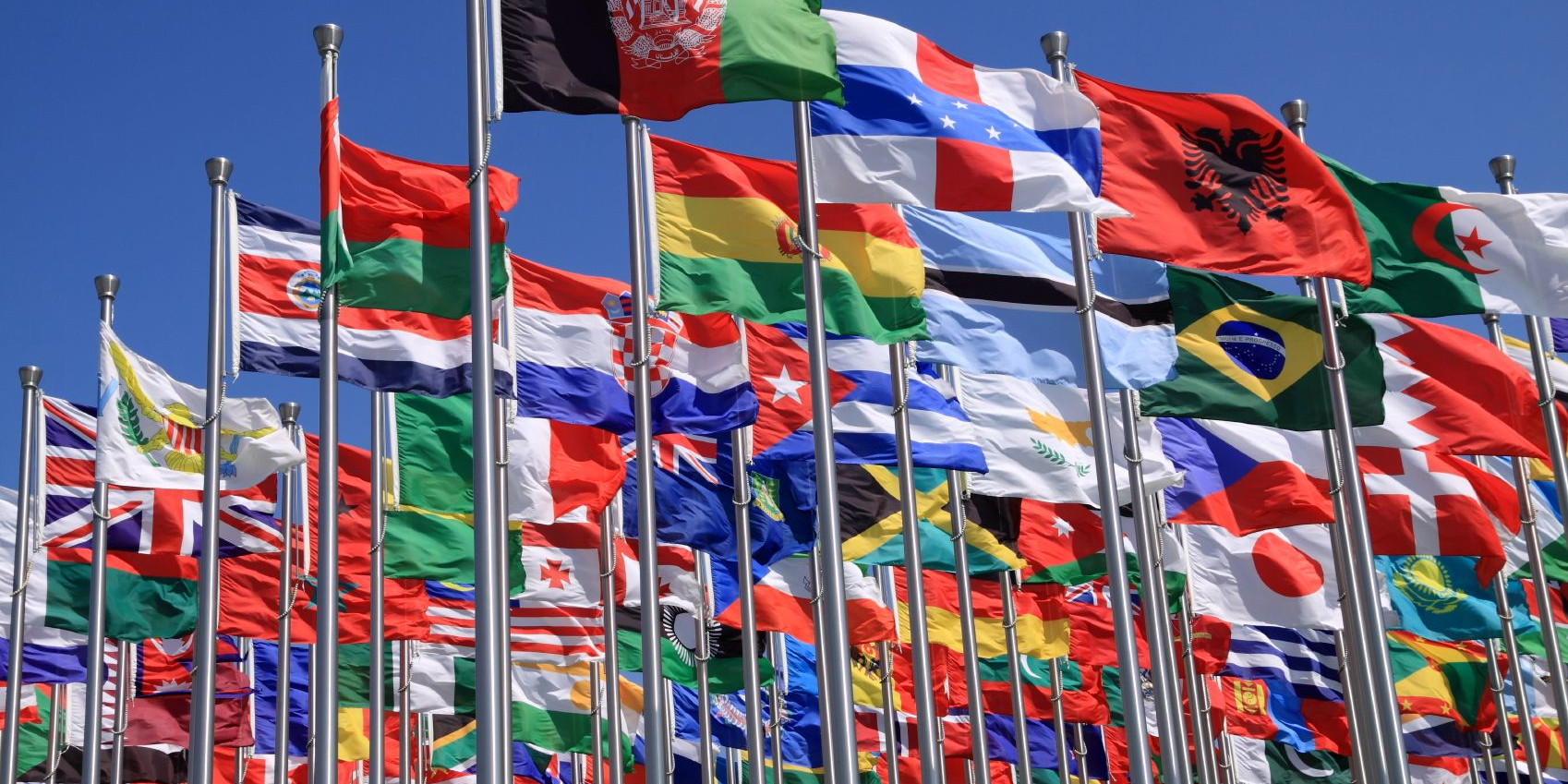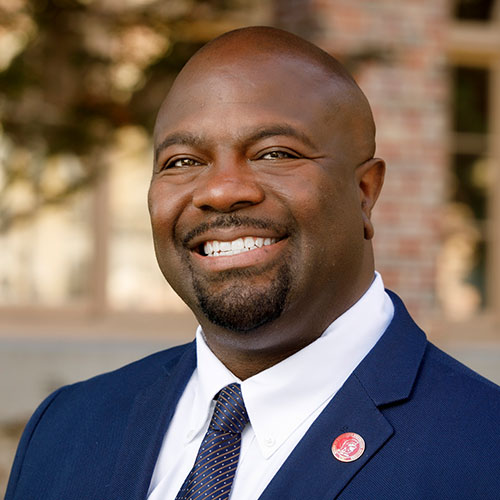SCI Fellow Dr. Doron Pely recently published a paper in the Negotiation Journal, “The Culture of Interest: A Proposed Addition and Revision of the Three-Culture Model.”
In the paper, Dr. Pely and co-author Dr. David Shimoni propose a new classification of cultures (honor, face and interest), which would help conflict resolution scholars and practitioners better understand culturally divergent conflict orientations and behaviors, as well as the ramifications of such differences for negotiation and conflict resolution practice. Read the paper summary below and visit the Negotiation Journal website to access the full paper.
The Culture of Interest: A Proposed Addition and Revision of the Three-Culture Model
By Doron Pely and David Shimoni
Negotiation and conflict resolution theorists have classified world cultures according to three types for the purpose of describing and predicting some of the ways in which individuals and groups within broad, geographically based cultural groups behave in conflict and negotiation-related situations. These three broad categories, called “cultural syndromes,” have described these cultures according to the relative value they place on these three concerns: honor, face, and dignity.
Based on our examination of the literature on the cultural dimensions of negotiation and conflict management, our own practice, and an analysis of literature and practice pertaining to the place and utility of the honor, face, interest, and dignity attributes within and between cultural groups, we propose a reformulation of this typology. Our reformulation would replace the broad “dignity” category with a new category that we call “interest,” which we believe better characterizes Northern European and North American cultures. We also argue that a cultural orientation toward dignity is universal and not geographically unique and is thus shared by all three cultures. This new formulation, we believe, more accurately characterizes the global range of orientations toward negotiation and conflict resolution and would, if adopted, help scholars and practitioners better understand culturally divergent conflict orientations and behaviors as well as the ramifications of such differences for negotiation and conflict resolution practice.
Access the full paper.


